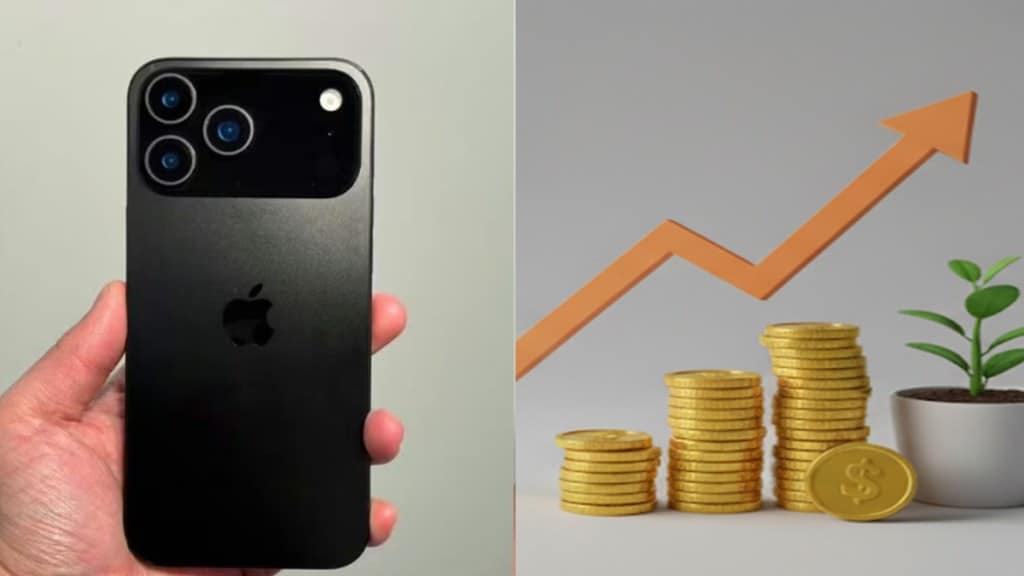Long queues outside the Apple Store in Mumbai’s BKC early in the morning on Friday made it clear that the craze for the iPhone 17 was at its peak. The new iPhone starts at Rs 82,900, with the ultra-slim iPhone Air model going up to Rs 119,900. As usual, excited young people and professionals waited for hours to get their hands on the phone.
But ace investor Vijay Kedia, founder of Kedia Securities, had a different take on the iPhone frenzy he observed during the week, and he shared his thoughts on social media.
Kedia wrote: “The iPhone 17 isn’t for everyone. Spend ₹1 lakh on this overhyped phone OR invest it in a mutual fund. In 6 years, ₹1 lakh can become ₹2 lakh — while the phone’s resale may sink to just ₹15,000. That’s ~15x more value through investing.”
He was essentially pointing out that, driven by media hype and marketing, we often spend lakhs on gadgets whose value evaporates in a few years. On the other hand, if the same money is invested in investment instruments like mutual funds, it could double or triple in the future.
Investment math vs. iPhone price
Most equity mutual funds have delivered an average annual return of 15% in the long term. If someone invested ₹1 lakh in a mutual fund instead of spending it on an iPhone 17, this amount could grow to approximately ₹2.31 lakh in 6 years. Meanwhile, that same iPhone will be worth barely ₹15,000 after six years. This means your phone will be used, but it will still cause you financial losses.
Netizens’ reactions on social media on Kedia’s post
Users also had interesting things to say about Vijay Kedia’s comparison. One user wrote:
“It’s not as black and white as you make it. A phone isn’t just about resale. For students or young professionals, it’s a tool to learn, create, work, and keep up with new tech. Not every rupee must be invested. Smart money is balance.”
Another user jokingly wrote:
“If you had invested in the iPhone 16 Pro a year ago instead of an index fund, you would be reading authors’ funny tweets on a 120 Hz super Retina XDR screen instead of sitting on zero returns.”
Not every expense is comparable to an investment
It’s also true that comparing every expense to an investment is wrong. A phone isn’t just a gadget; it’s also a part of work, study, and daily necessities. But the question here is one of priority and thinking. Warren Buffett always says:
“If you buy things you don’t need, soon you’ll have to sell things you do need.”
This means that excessive spending can put us at a disadvantage in the future.
The flaws of media hype and marketing
Companies know that new launches arouse curiosity and a sense of status symbolism. This is why crowds throng Apple stores every year. This is the power of marketing, which tempts us to spend immediately. But wisdom lies in distinguishing between needs and wants.
Conclusion: Balance is true smartness
Investment and spending are both part of life. Life isn’t just about saving for the future, nor about squandering everything today. Smartness lies in prioritizing savings and investments, while also spending on things that truly satisfy your needs and improve your quality of life.


